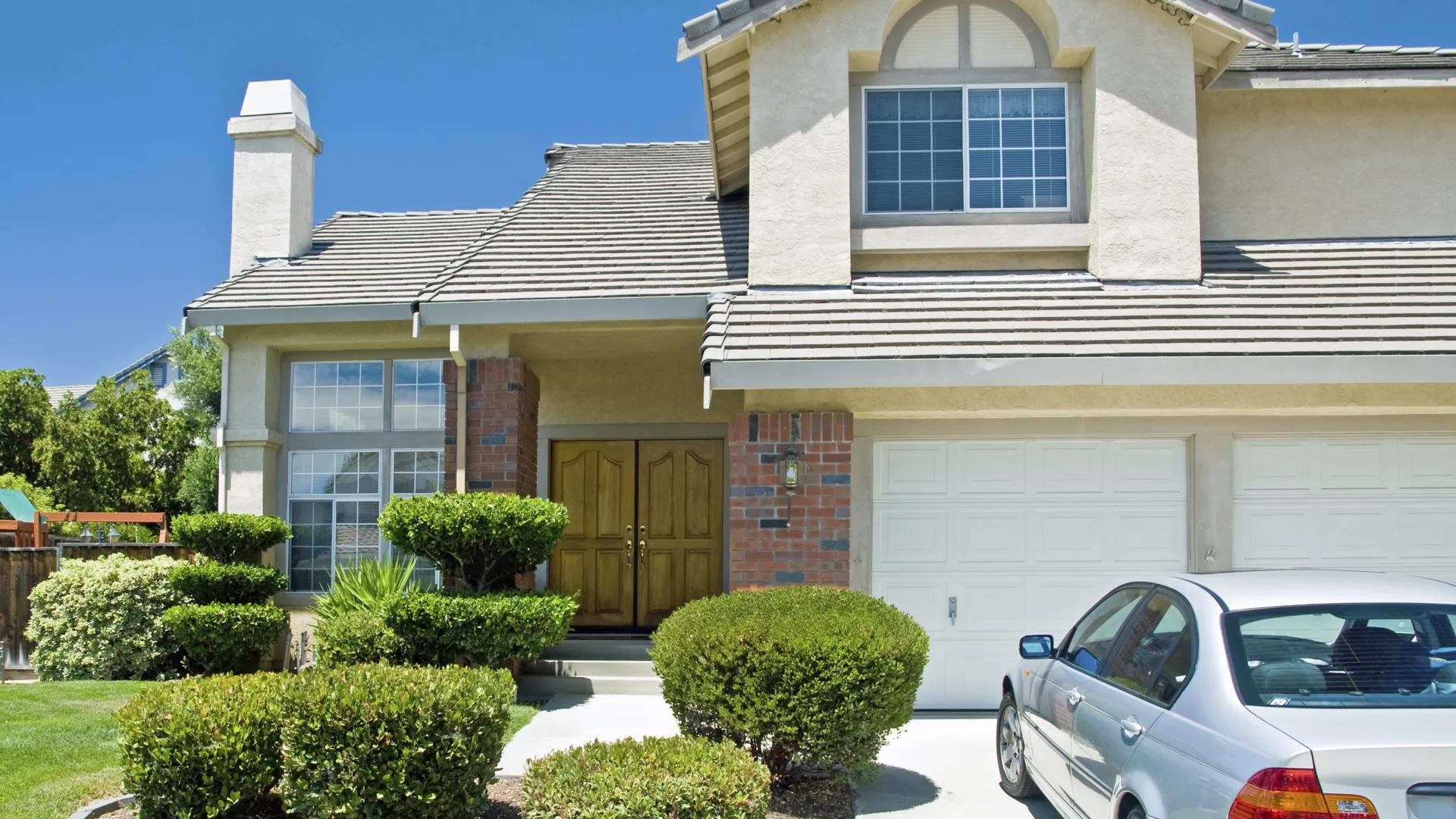
Should You Ask For The House?
Should You Ask For The House?
In many divorces, a highly fought over issue is who will get to keep the marital home. In Georgia, the marital home is subject to equitable division. This means that it is included in the split of all marital property/assets. For this reason, if one spouse keeps the home, the other spouse will usually get other marital assets to make the split equitable. But while many divorcing spouses are quick to say they want to stay in the home, there are many things to consider before asking for it as part of equitable division:
- Can you afford to stay in the house? – This is by far the most important consideration. As part of a divorce, your household income will decrease, sometimes dramatically. While there may be alimony and/or child support involved, this income will only continue for a limited period of time (depending on the details of your case). Not only will you have to be able to make the mortgage payment, there are other costs associated with home ownership such as homeowners insurance, utilities, general upkeep and unexpected repairs. It would be beneficial to make a spreadsheet of your monthly income and expenses to see what you can afford, before fighting tooth and nail to get the house in court or mediation. Going from two household incomes to one, or from one household income to none/looking for a job is often a substantial change and something you must consider before assuming the responsibility of the marital home on your own.
- Can you transfer the mortgage into your name? – Even if you compare monthly income and expenses and decide you can afford to stay in the home, your mortgage lender may feel differently. When you and your spouse applied for your mortgage on the marital home, the bank was likely considering two incomes. If you remain in the marital home after the divorce, your Final Decree of Divorce will most likely require you to refinance the mortgage on the marital home to remove your ex from liability on a home in which he/she is no longer living. Unless you were the primary breadwinner in your family, it can be difficult to refinance with a lower income. This is something you should explore with the bank before asking for the marital home in the divorce because you do not want to be stuck unable to refinance and, thus, in contempt of your divorce decree.
- Does it make sense to stay in the house? – It is also prudent to just take a step back and ask yourself if staying in the house makes practical sense. Often, divorcing couples are so caught up in the divorce process and “getting everything” that they may end up with something they don’t even want. Will your ex have primary physical custody of the kids? If so, staying in a huge house may not be necessary. Will staying in the house prevent you from emotionally moving on with your life? If so, moving may make the most sense for you.
After carefully considering the above, as well as anything else you deem important, it is possible that neither party wants nor can afford to keep the marital home after the divorce. In that case, the home will be sold (subject to certain conditions in the divorce decree) and the proceeds divided equitably between the parties.
